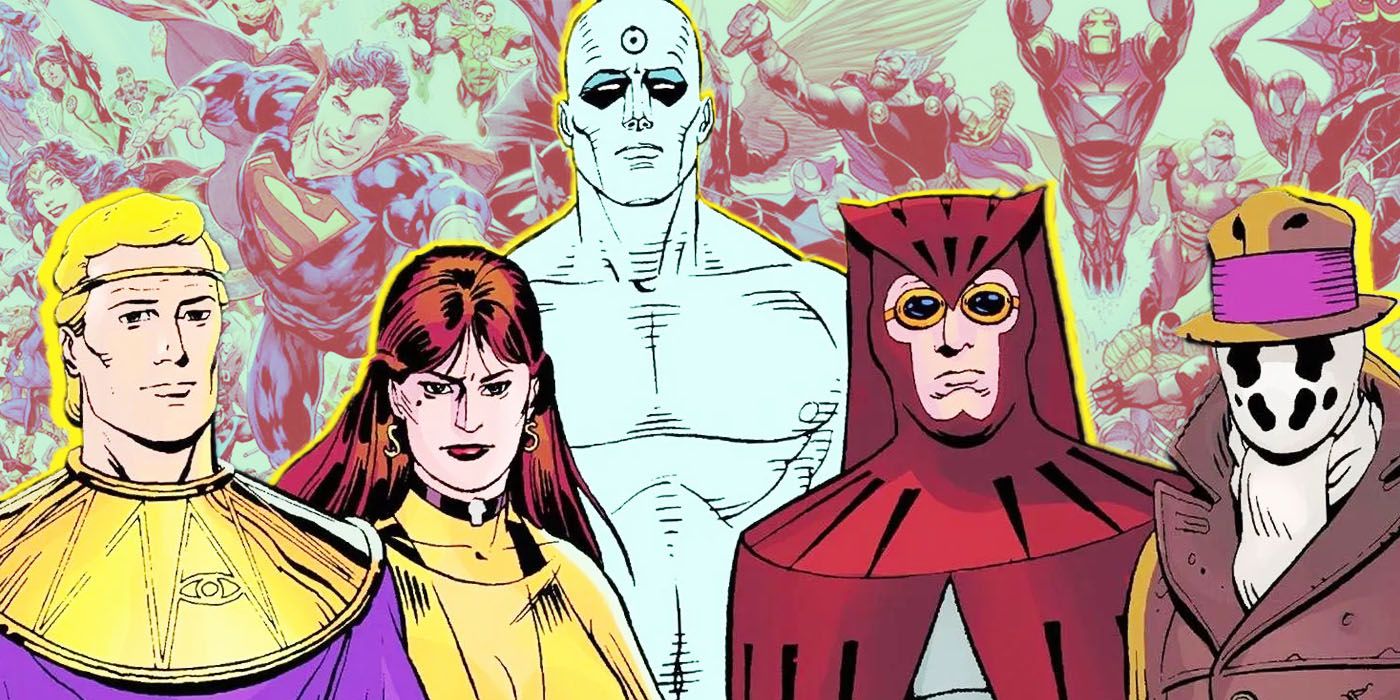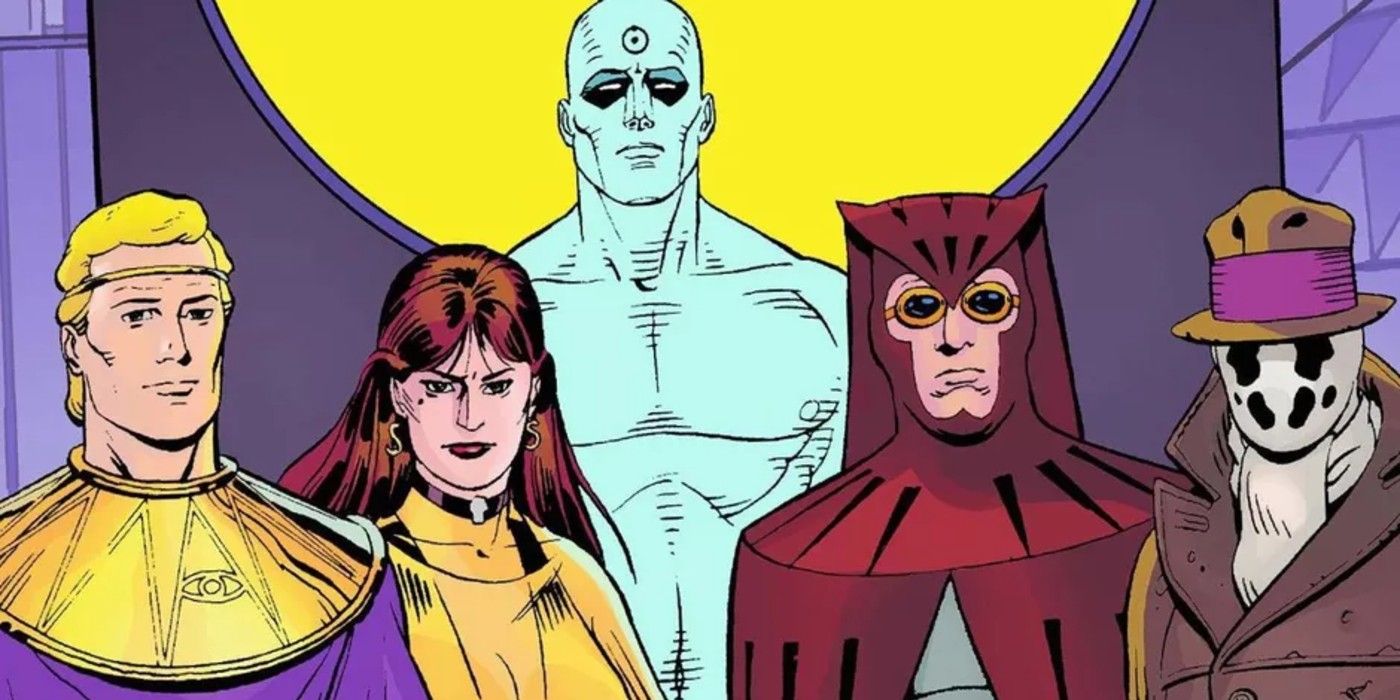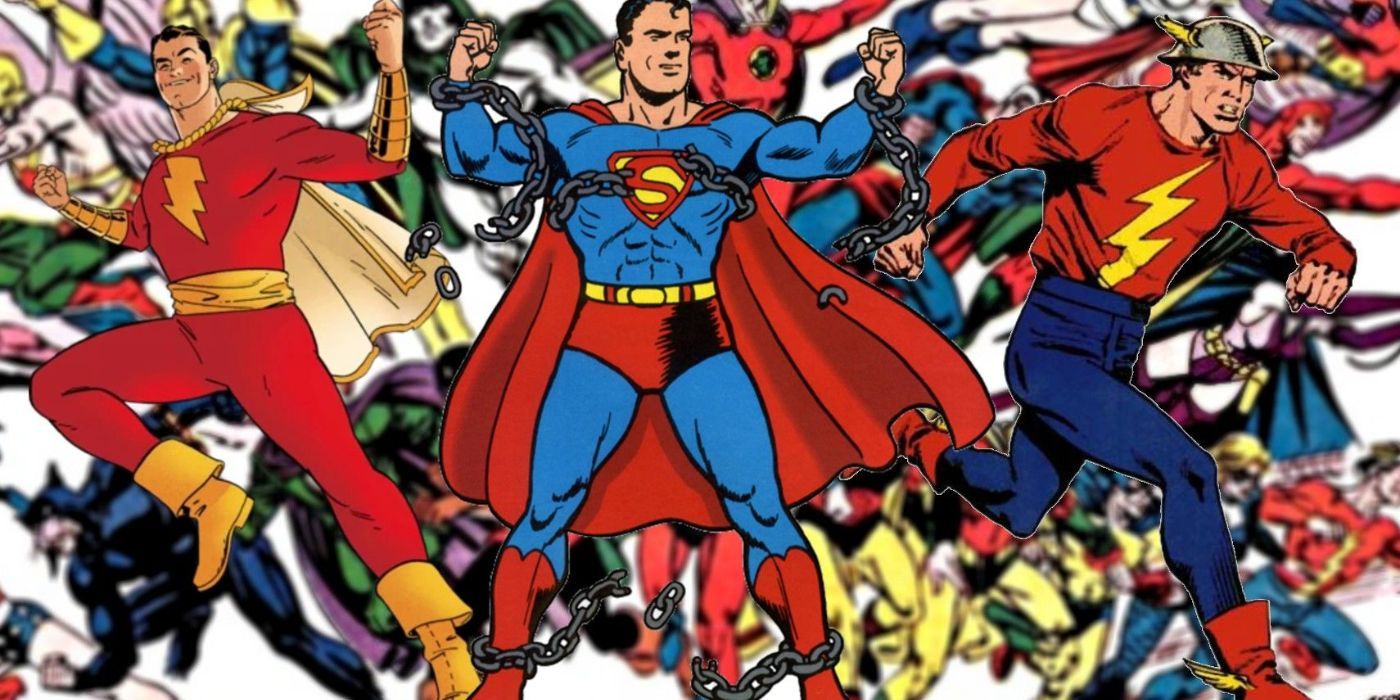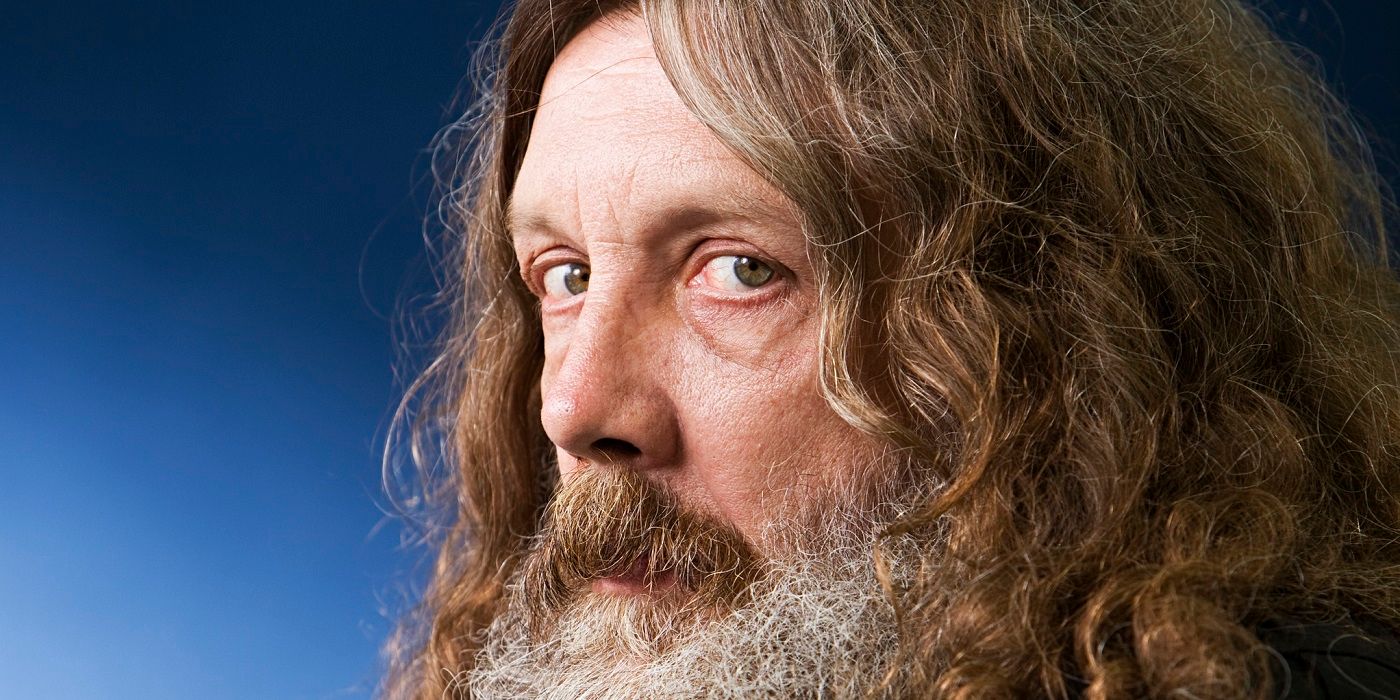Almost overnight, Watchmen proved that comic books could be worthy of literary consideration, opening the gates for new kinds of stories. Some have been great. Others? Debatable. Since 1986, Watchmen changed superhero comic books forever, for better and worse.
In the years following, many comics tried to ape Watchmen without understanding what made it great. How did a medium known for light-hearted fare aimed at younger audiences suddenly turn into an outlet for darker mature content? Can superhero comic books ever return to its roots? Post-Watchmen, many comics stopped being fun to read. The worst offenders were pretentious. To truly understand the transformative effect that Watchmen had on the comic book industry, one has to go back to the origin of the superhero’s early history: The 20th century.
In the beginning, superhero comics lacked literary sophistication. And they didn’t pretend to have such ambitions. The tales of Superman, Batman, Captain America, and Archie Andrews were always aimed at younger audiences. They were simple, entertaining, and affordable. The potential of comic books only grew between the 1950s and the 1970s when writers and artists such as Jack Kirby, Stan Lee, Steve Ditko, Denny O’Neal and Neal Adams entered the field.
But trouble soon arose. In 1953, the United States Senate Subcommittee on Juvenile Delinquency claimed that comics caused minors to engage in illegal behavior. To prevent the government from censoring them, the Association of Comics Magazine Publishers formed the Comics Code Authority. Like the Hays Code, they would dictate what stories could be told. As a result, comic books rarely tackled serious issues. Even Marvel Comics, which became a sensation for its flawed heroes and sophisticated storytelling, didn’t dwell on such matters beyond a superficial glance. While superhero stories grew popular especially in a new audience of young adults, their stories were still kept simplistic. Very few would rank those comics with the likes of literary alumni such as Edith Wharton, Nathaniel Hawthorne, or John Steinbeck.
However, the 1970s brought a change. Comics soon started mirroring the dark mood that had gripped America following the assassinations of President John F. Kennedy and Martin Luther King and the Vietnam War. Writers like Neal Adams used heroes like Green Lantern to explore issues of poverty. Roy Harper, Green Arrow’s sidekick, turned to heroin. Spider-Man- clumsily- did a story about drugs. But the Comics Code Authority was relaxing the rules on what stories could be told.
That’s how the 1980s brought a change. Art Spiegelman wrote Maus; Frank Miller wrote The Dark Knight Returns. But it was Alan Moore and Dave Gibbons who capped it off with Watchmen. Although Moore was a fan of superheroes growing up, he was critical as a writer. In Watchmen, he found an opportunity to share his ideas. Rather than reinvigorate the genre, he wanted to enlighten readers to the limitations of the superhero genre. What he didn’t expect was the industry to embrace the gloom of Watchmen and continue that trend for decades. They completely missed his point.
Watchmen is a satire. It has to be because the players in it are less than likable. Adrian Veidt has a Messiah complex. Doctor Manhattan is unconcerned with humanity. The Comedian is a right-wing, patriotic combination of Captain America and the Peacemaker. And Rorschach? Rorschach is an extreme right-wing sociopath; he’s Travis Bickle in a mask and trench coat. Moore hoped to make a point about what could be accomplished with the superhero genre. "It had originally been meant as an indication of what people could do that was new," Moore told Inverse in an interview. "I’d originally thought that with works like Watchmen and Marvelman, I’d be able to say, “Look, this is what you can do with these stale old concepts. You can turn them on their heads. You can really wake them up. Don’t be so limited in your thinking. Use your imagination.” And, I was naively hoping that there’d be a rush of fresh and original work by people coming up with their own.
“… Instead, it became this massive stumbling block that comics can’t even really seem to get around to this day. They’ve lost a lot of their original innocence, and they can’t get that back. And, they’re stuck, it seems, in this kind of depressive ghetto of grimness and psychosis.”
Hyperbole or accurate assessment? Let’s look at the overall picture. The commercial success of Watchmen made publishers aware that a sizable audience would pay for mature comic book stories. Without Watchmen, DC’s Vertigo line might not have been as successful. Image Comics might not have become a major alternative to Marvel and DC. And writers like Grant Morrison, Garth Ennis, Brian K. Vaughan, Neil Gaiman or Scott Snyder might not have found success.
Additionally, Watchmen’s impact on the superhero genre had positive effects. Storylines from Marvel such as Kraven’s Last Hunt and Civil War, and even their early 2000s modernized take on Marvel characters in the Ultimate Universe, owe a debt to Moore and artist Dave Gibbons. Likewise, over at DC, the stories grew darker and more psychologically complex. However, it also led to a slew of poor imitators. Suddenly, all superheroes were saddled with gloom or psychological issues.
Done poorly, many of them became less fun and enjoyable in the process. As Moore summed it up in a different interview: “… There did seem to be a rash of quite heavy, frankly depressing and overtly pretentious super-hero comics that came out in the wake of Watchmen, and I felt to some degree responsible for bringing in a fairly morbid Dark Age. Perhaps I over-burdened the super-hero, made it carry a lot more meaning than the form was ever designed for.”
A thought experiment: If a comic book reader from the 1940s-1960s traveled to the present day, they would be shocked at the superhero comics available today. They might also wonder where all the fun has gone. After all, famous characters were only given psychological complexities by other writers. Sometimes, it works but rarely, it doesn’t. In fact, the 2016 DC Rebirth event was a rejection of the long shadow cast by Watchmen and an effort to return to its lighter roots.
Watchmen’s legacy gets complicated. Moore’s message was a critique against vigilantism and the glorification of violence. An intelligent reader would see that on a surface level reading. However, the satire flew over some people’s heads and has been embraced by an increasingly aggressive, masculine, and right-leaning community. Though it’s easy to see why entitled young men would identify with Rorschach- a character bullied as a child, an outcast who turned to vigilantism to achieve his goals- it’s dismaying to see the comic get tarnished as a result.
For almost forty years, American superhero stories have lived under the shadow of Watchmen. Will the next forty years continue this trend, or will there be a new awakening? Regardless of which side of the debate you stand on, Watchmen’s impact on superhero comics is undeniable. It’s a story for the ages. Whether another comic will come along and challenge it? Therein lies an exciting possibility.




